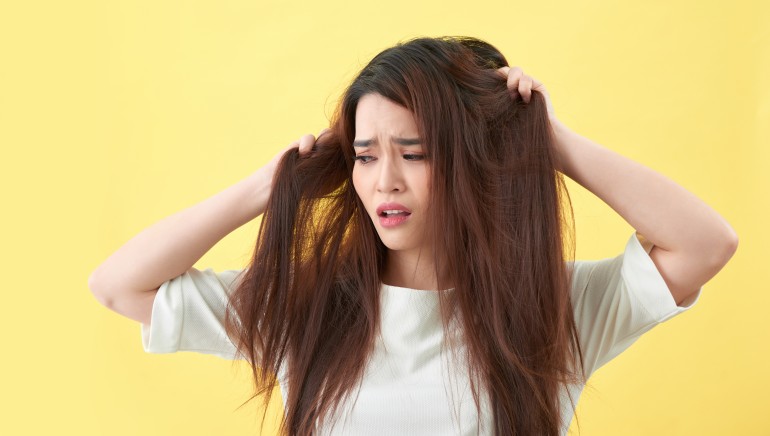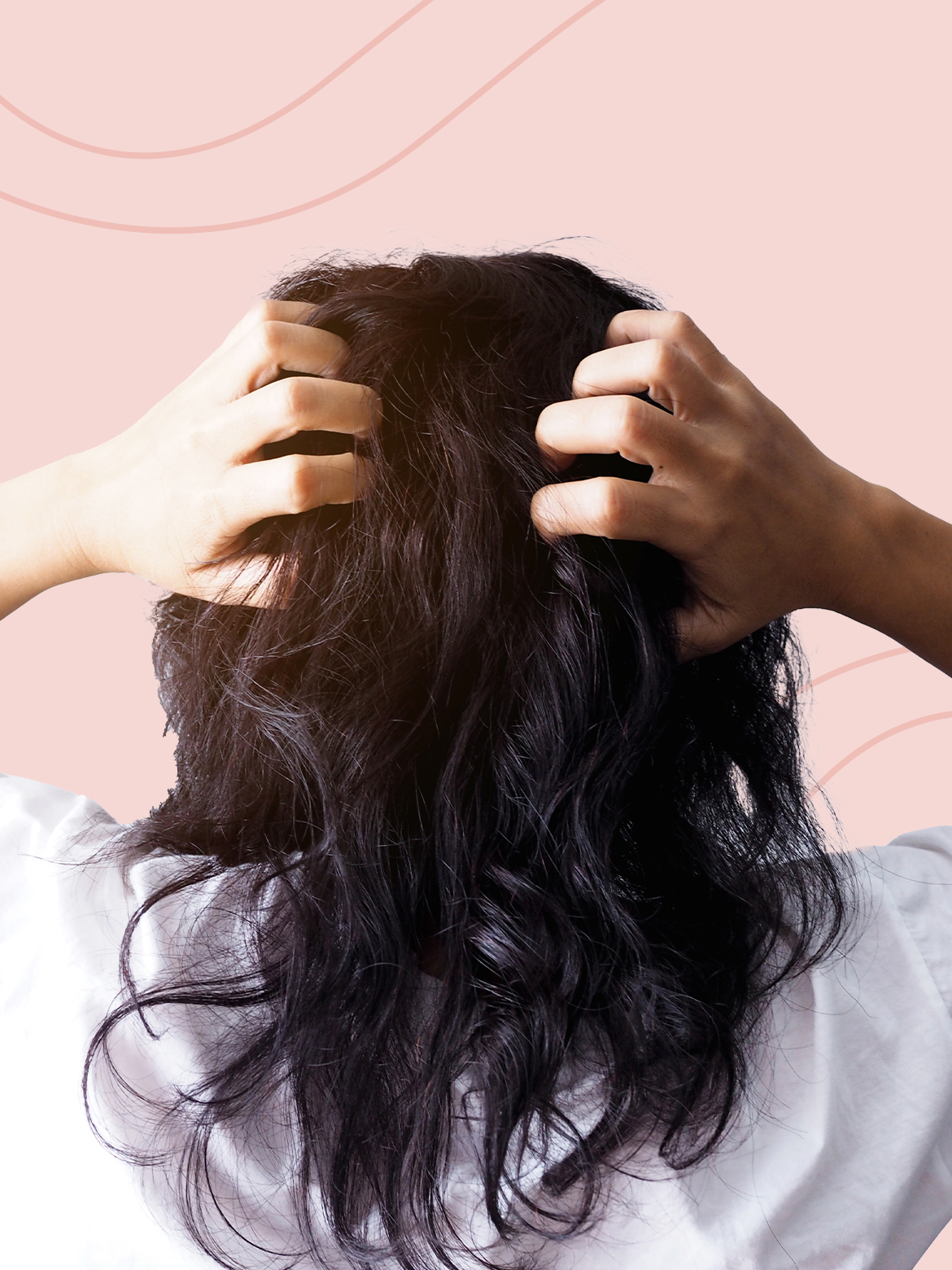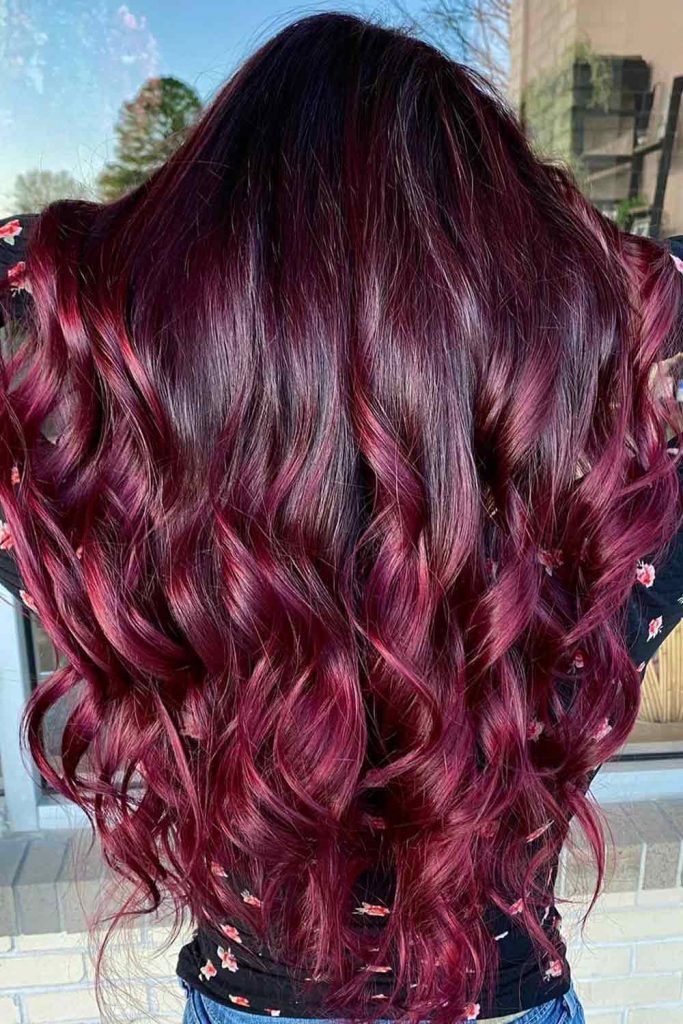Table Of Content

On the contrary, avoiding everything can lead to limp, dry curls that have a tendency to frizz. Chances are, you’re either using the wrong products or using the products incorrectly. Regardless of hair type or texture, "frizz can also be a sign of hair damage to all hair types and textures," according to Hill.
How to Get Rid of Frizzy Hair: 17 Tips That Work - Glamour
How to Get Rid of Frizzy Hair: 17 Tips That Work.
Posted: Mon, 19 Sep 2022 07:00:00 GMT [source]
What Causes Frizzy Hair After Straightening
The curves and bends in curly hair make it more difficult for the natural oils produced by the scalp to travel down the hair shaft, which can result in dryness and frizz. To fix curly hair frizz, moisturize it with regular deep conditioning treatments and use products designed specifically for curl textures, such as leave-in conditioners and curl creams. Hair serums are one of the best answers to frizz and flyaways, but they're often filled with silicones. You've likely noticed shampoos and conditioners that promise to cut down on frizz. For starters, when it's humid outside, hair retains moisture, which is what’s behind that pesky frizz, explained hairstylist Shelly Aguirre of Maxine Salon.
Reach for Curl-Enhancing Products
It's incredibly lightweight (even for my fine hair ppl), but is still jam-packed with Ayurvedic staples like ashwagandha and dashmool to help soothe my irritated scalp. While hair oiling is generally safe, there are some potential risks to keep in mind. First, “leaving hair oil on for too long can lead to occlusion of the follicles and can contribute to seborrheic dermatitis,” says Dr. Spann. So, if you sleep with it overnight, make sure to wash yours out after 8 to 10 hours with shampoo. And if you notice your scalp starts to feel irritated, flaky, or itchy—aka the opposite of how you want your scalp to feel after oiling—stop oiling ASAP and make an appointment with your dermatologist. There are no specific number of days you should be oiling your hair, says Dr. Spann, but for most people, once a week is sufficient.
Monday Color Protect Shampoo
On holiday, your hair can be exposed to various elements such as sun, saltwater, chlorine, and humidity, leading to frizziness. If you prefer to air dry your hair, do it away from a steamy bathroom to prevent the humid air from poof-balling your hair. If you find yourself constantly struggling with frizz, it’s likely that your hair care routine may not be as effective as it could be. If you find yourself in this quandry it's always good to book a consultation with your hairdresser. They'll be able to detect what your hair needs and how to get rid of frizzy hair if it's become a new problem. If you can’t break up with your blow dryer, try limiting the use to once a week, and lower the temperatures.

It's formulated with olive and meadowfoam seed to penetrate the hair and bring moisture straight into the center of the shaft, and sweet almond to lock it in. "Products with high alcohol content tend to dehydrate the hair causing the hair to search for moisture," says Thevenot. To reduce frizz, use shampoos with hydrating ingredients like glycerin, which is a great humectant, meaning it absorbs the extra moisture in the air to create a protective coating over the strands. “Proteins and keratin are the best friends of frizzy hair,” says Davis. “You can use this conditioner by TSD to close the cuticle after washing your hair.” The conditioner also helps detangle hair, making it easier to brush out. You can combat frizziness by using hydrating products, conditioning masks or serums that protect and smooth your hair, explains Kimble.
If you don’t know yours, luckily we have a Texture Typing Quiz. It can be challenging to find what’s right for you, especially when it seems you keep finding information about what to avoid everywhere you turn. As a result, you may feel like you should just give up on putting ANYTHING aside from water on your hair!
Moroccanoil Intense Smoothing Frizz Control Serum
There are deep conditioners designed to treat all kinds of specific hair concerns, such as color-treated and fine hair. If you're still sleeping on cotton and wake up with frizz, now is officially the time to switch to a silk pillowcase. “Silk really helps protect your hair while you sleep,” says Vaccaro.
Protect Your Hair at the Gym
Heat-activated hair products are excellent at locking moisture in the hair when heat styling. Pollution, UV rays, salt water and chlorine are some of the worst offenders when it comes to frazzled, damaged locks. Shield your hair with some protecting haircare - you wouldn’t go out in the sun without applying plenty of SPF, so why should your hair be different? The best heat protection is the one that won’t feel like a chore to use - so find the right one for you and your routine to help get rid of frizzy hair. Even if you’re using the best shampoo for frizzy hair and using plenty of conditioner and oils, applying an intensive mask treatment regularly will help boost moisture.
Always look for hair care products that contain beneficial ingredients, and avoid those that contain alcohol or harsh cleansers, such as sodium lauryl sulfate. If you want to achieve a smoother look to your locks, there are home remedies that can restore moisture to help reduce frizz. The added benefit is that increased moisture can also help improve hair health. Alopecia areata is an autoimmune condition that is characterized by “round patches of hair loss on the scalp,” although it can occur elsewhere on the body, Agbai says. While the exact reason for this type of hair loss is unknown, it is generally understood that “the immune system mistakenly attacks hair follicles, leading to hair loss,” she adds.
Frizz-free hair starts with choosing the right shampoo and conditioner for your hair type. Opt for a duo that eliminates frizz at the roots and helps boost repair and shine. By drying your hair with a dryer or styling it with straighteners, you are depriving it of moisture, and the lack of moisture is the first contributor to frizz. Thus, if your hair becomes frizzier, give it a break from the heat and let it dry naturally at least once in a while. It makes hair cuticles stick up, which causes frizz, statics, and fly-aways. To reduce the chance of fluffy hair and frizz, press your hair gently with a microfiber towel or plop it in a cotton t-shirt to eliminate excess water.
Low-porosity hair cuticles are so tightly closed that it’s very difficult for water to get through. The challenge with this hair type is that products often sit on the strand instead of absorbing it. "Even water rolls off and will evaporate off of the strand before it’s able to be absorbed" she explains. The best products to prevent frizz are those that provide moisture, manageability, resistance, and protection from changing weather conditions like humidity and wind.
For example, this curly swears by using a diffuser right after dumping her hair for a refresh as the best way to avoid the frizzy finish. If your hair also gets frizzy when left to dry naturally, try Don’t Blow It from Bumble and Bumble. It is designed for frizz-free air drying and can make lots of difference. Drying your hair with a towel is one of the biggest contributors to frizziness. When you get out of the shower, it is so tempting to grab a towel and rub it all over your wet hair to dry it off. If you don’t want any frizzy hair in your mane, step away from the practice.
The best way to keep your hair frizz-free is to lock in moisture right after you shower by combing a leave-in treatment through your hair. Look for products containing oils and silicons, which build a barrier on the hair, helping to keep the moisture in the air from getting under the cuticle. For hair curly hair that shines, try Biosilk's Silk Therapy with Organic Coconut Oil Leave-In Treatment ($19), which not only prevents frizz, but coconut oil also helps protect against breakage. Fagiani says you shouldn't be shy about using products on wet hair because "frizzy wet hair will always become frizzy, dry hair." This is particularly true for curly hair types, as they're the most frizz-prone.













